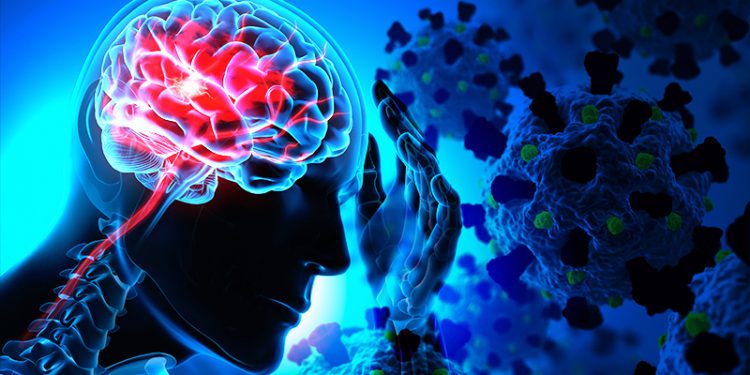After Covid-19 entered our lives there is a lot of conversations around neurological health. The problem is not just covid, but also your daily activities have an impact on your mental health. Lack of attention to your existing health problems can trigger a stroke.
What is a stroke?
A stroke occurs when the blood supply to part of your brain is interrupted or reduced, preventing brain tissue from getting oxygen and nutrients. Brain cells begin to die in minutes. A stroke is a medical emergency, and prompt treatment is crucial. Early action can reduce brain damage and other complications. The good news is that many fewer Americans die of stroke now than in the past. Effective treatments can also help prevent disability from stroke.
But what really causes a stroke?
According to experts, day to day problems can lead to stroke. These include hypertension, dyslipidemia, smoking, diabetes mellitus, and cardiovascular disease, substance abuse, drinking habits, smoking, and being overweight.
Here are 6 health problems that can lead to a stroke
1. Smoking
Among 1 in 10 strokes are linked to smoking. Quitting smoking will reduce your risk of stroke, and will positively impact the health of people who live around you. Getting help to quit increases your chances of success.
2. Alcohol intake
Over one million strokes each year are linked to excessive alcohol consumption. This can cause dehydration and nutritional deficiencies, resulting in both arterial and venous strokes. If you drink, stick to a limit of 1-2 units of alcohol a day.
3. Stress and depression
Almost 1 in 6 strokes are linked to mental well-being. Stress can wreak havoc on your health, which in turn can lead to a rise in BP and sugar levels. Managing stress, depression, anger and anxiety are all important to reduce the risk of stroke. Taking a holistic approach to life is key to a healthy brain.
4. High blood pressure
Half of all ischemic strokes are linked to high blood pressure. It can also lead to rupture of arteries resulting in brain haemorrhage. Knowing your blood pressure and controlling it with lifestyle changes or medication will reduce your risk of stroke.
5. Diabetes mellitus
If you’re a diabetic, your risk of a stroke is much higher. High blood sugar levels damage the blood vessels, making them stiff and leading to blood clots that travel to the brain causing a stroke. Diabetes and stroke also share a number of risk factors, including a poor diet and lack of exercise.
6. High cholesterol levels
More than 1 in 4 strokes are linked to high levels of “bad” cholesterol, resulting in clogging of the brain arteries. Eating low saturated fats, avoiding processed food and exercise will help to reduce your risk. If you can’t maintain a healthy cholesterol level with lifestyle changes, then medication is a must.




![The Top & Most Popular Seafood Bucket Restaurants in Dubai for you [Never Miss]](https://uae24x7.com/wp-content/uploads/2020/09/8-seafood-in-a-bucket-scaled-e1600739237403.jpg)
![Procedures for Renewing the Driving License in Abu Dhabi [3 Simple Steps]](https://uae24x7.com/wp-content/uploads/2020/07/Capture-9-e1595666454466.jpg)





